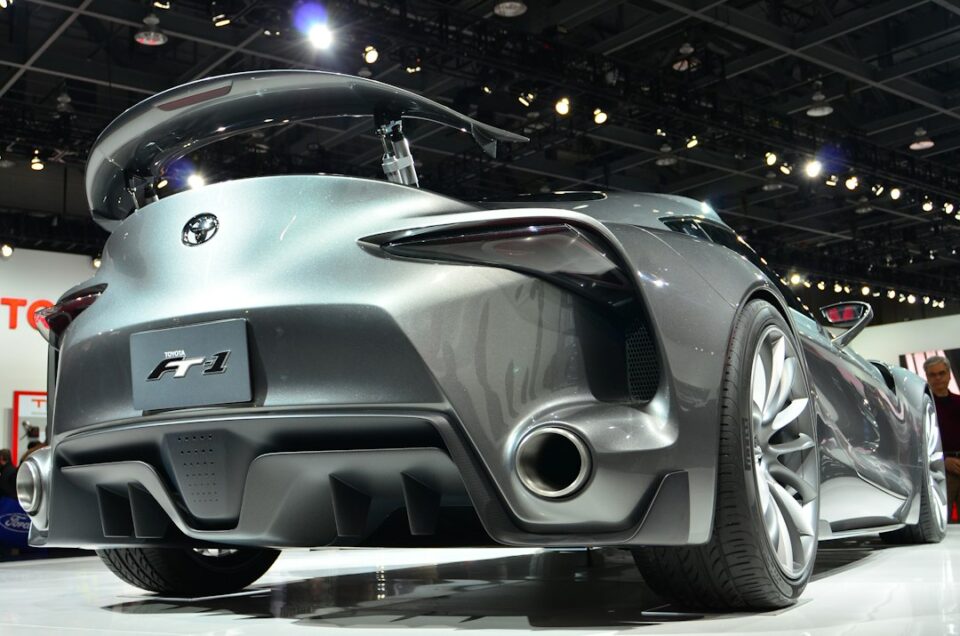The Rise of Electric Motorcycles and Scooters as Sustainable Alternatives
In recent years, the automotive industry has witnessed a significant shift toward sustainable transportation solutions. As the world grapples with climate change and the need to reduce greenhouse gas emissions, electric motorcycles and scooters have emerged as viable alternatives to their fossil fuel-powered counterparts. With their increasing popularity, it is essential to explore the reasons behind their rise and the potential they hold for sustainable mobility.
One of the primary drivers behind the surge in electric motorcycles and scooters is the need for reduced environmental impact. Traditional motorcycles and scooters, due to their combustion engines, produce harmful emissions such as carbon dioxide, nitrogen oxides, and particulate matter. These emissions significantly contribute to air pollution, leading to severe health issues and environmental degradation. Electric motorcycles and scooters, on the other hand, produce zero direct emissions during operation, offering a cleaner mode of transportation that doesn’t compromise air quality.
The environmental benefits of electric motorcycles and scooters extend beyond emission reduction. The manufacturing process of these vehicles also has a smaller carbon footprint compared to conventional ones. Electric motorcycles and scooters require fewer raw materials and have less complex manufacturing processes than their counterparts with internal combustion engines. Additionally, the absence of oil changes and reduced maintenance needs further contribute to their sustainability credentials. By embracing electric motorcycles and scooters, riders can contribute to a more sustainable future by minimizing their carbon footprint.
Besides the environmental implications, electric motorcycles and scooters also provide economic advantages. The cost of operating these vehicles is significantly lower than using conventional ones. Electricity is generally cheaper than gasoline, resulting in lower fuel costs for riders. Furthermore, electric vehicles have fewer moving parts, reducing the likelihood of mechanical failures and decreasing the need for costly repairs. This cost-effectiveness makes electric motorcycles and scooters an attractive option for riders looking to save money on their daily commutes or recreational rides.
Another factor contributing to the rise of electric motorcycles and scooters is their convenience and versatility. These vehicles are agile and compact, enabling riders to navigate through the congested city streets with ease. With cities becoming increasingly crowded, the ability to effortlessly maneuver through traffic is a significant advantage. Additionally, electric motorcycles and scooters have sufficient power and range to cater to the needs of most urban riders. The technology surrounding electric vehicles is continually advancing, improving range capabilities, and reducing charging times. This development will only enhance the convenience and versatility of electric motorcycles and scooters, making them even more appealing to potential buyers.
The charging infrastructure for electric vehicles has witnessed significant progress in recent years. Governments, corporations, and individuals have actively invested in expanding the network of charging stations, thus making it easier for electric motorcycle and scooter users to recharge their vehicles. This expanding infrastructure eliminates the range anxiety associated with electric vehicles and increases their practicality for long-distance journeys. As the charging network continues to grow, the adoption of electric motorcycles and scooters is expected to rise further, solidifying their status as sustainable alternatives.
Furthermore, government policies and incentives geared toward sustainable transportation have played a crucial role in the growth of electric motorcycles and scooters. Many countries now offer tax credits, subsidies, and rebates to individuals who choose electric vehicles. Moreover, some cities have implemented policies that promote the use of electric two-wheelers, such as providing dedicated parking spaces and access to bus lanes. These initiatives not only encourage the adoption of electric motorcycles and scooters but also contribute to the reduction of traffic congestion and overall air pollution levels.
In conclusion, the rise of electric motorcycles and scooters as sustainable alternatives is driven by their ability to address environmental concerns, economic advantages, convenience, and government support. These vehicles offer riders a clean, cost-effective, and practical mode of transportation that aligns with the goal of reducing greenhouse gas emissions. As the world recognizes the urgency of combating climate change, embracing electric motorcycles and scooters can be a potent step toward a greener future. With continued advancements and support, electric two-wheelers have the potential to revolutionize transportation and lead us to a more sustainable society.


